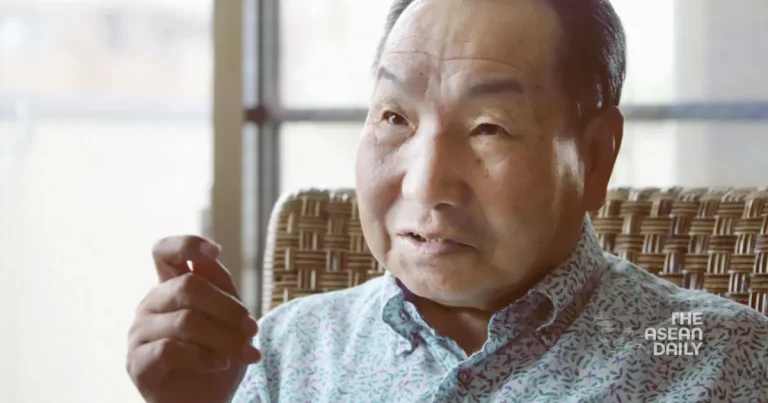27-9-2024 (TOKYO) Iwao Hakamada, an 88-year-old man believed to have spent the world’s longest time on death row, has been acquitted of murder charges dating back to 1966. The Shizuoka district court’s verdict on Thursday marks the end of a nearly six-decade-long struggle for justice by Hakamada and his family.
Hakamada had been convicted of the gruesome murders of four people in central Japan, including his former employer and the employer’s family. The case, which involved allegations of stabbing the victims and setting their house ablaze, led to Hakamada’s death sentence in 1968, later upheld by Japan’s Supreme Court in 1980.
The exoneration comes after years of doubt surrounding the evidence used in his conviction. Hakamada’s legal team successfully argued that DNA tests on bloodstained clothing, purportedly belonging to their client, revealed that the blood was not his. This crucial evidence played a significant role in overturning the conviction.
Hideko Hakamada, the defendant’s sister who has tirelessly campaigned for her brother’s innocence, expressed profound relief at the verdict. “When I heard ‘not guilty’, I was so moved and happy, I couldn’t stop crying,” she told reporters in an emotional televised briefing.
The case has drawn attention to potential flaws in Japan’s criminal justice system, particularly concerning its use of the death penalty. Hakamada spent an astonishing 45 years on death row before a court ordered his release and retrial in 2014, citing doubts about the original evidence.
Interestingly, one of the three judges who had initially sentenced Hakamada to death, Norimichi Kumamoto, later petitioned the Supreme Court for a retrial in 2008, though his request was rejected at the time. rights organisation Amnesty International hailed the acquittal as a “pivotal moment for justice” and called on Japan to abolish capital punishment. “This verdict is an important recognition of the profound injustice he endured for most of his life,” the group stated, praising the “inspiring fight to clear his name.”
The Japanese government, represented by Chief Cabinet Secretary Yoshimasa Hayashi, acknowledged the court’s ruling but refrained from commenting on the specifics of the case.




